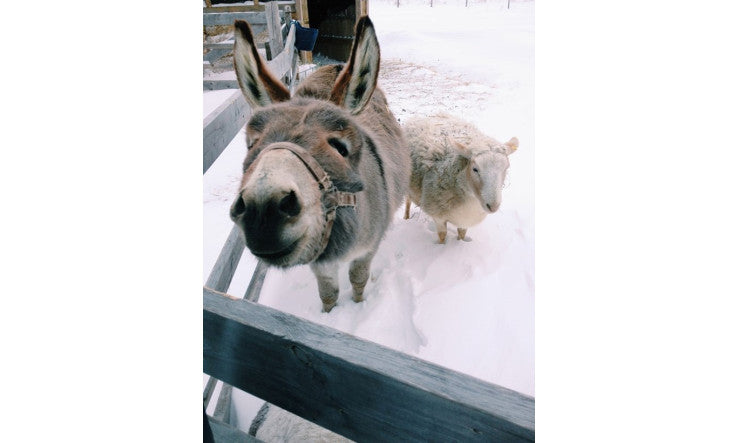Still aiming to reverse a friend's type 2 diabetes and improve the health of his severely compromised kidneys (reflected by the abnormally high potassium levels in his blood), I continue my understanding of his body's malfunction by consulting Brenda Davis , a registered dietitian and nutritionist.
A little biochemistry to understand.
We have elements:
- C for carbon
- H for hydrogen (water)
- O for oxygen
Carbohydrates (sugars) are chemically composed of CHO
Fats also from CHO
Proteins have an extra, CHON, N for nitrogen
When we eat, we can "store" excess fat in bulges! We can "store" extra sugar in reserve in the muscles in the form of glycogen (hence athletes who eat pasta before training). We cannot store protein! (Remember that proteins build, we will not have three times more skin...) The body must therefore convert proteins into sugar, into CHO.
What happens to the N, the nitrogen? Nothing more and nothing less than nitrogen waste, that is to say:
- urea
- ammonia
- creatinine
- highly inflammatory uric acid, linked to arthritis
Who should evacuate ?
The kidneys. Excess protein is horrible for them. Urine becomes acidic, causing kidney stones and inflammation (inflammation means a hundred common diseases and ailments).
Note that plants rarely create excess protein. And in Okinawa, where people live the longest and healthiest lives, protein intake represents only 10% of the diet.


































































Leave a comment